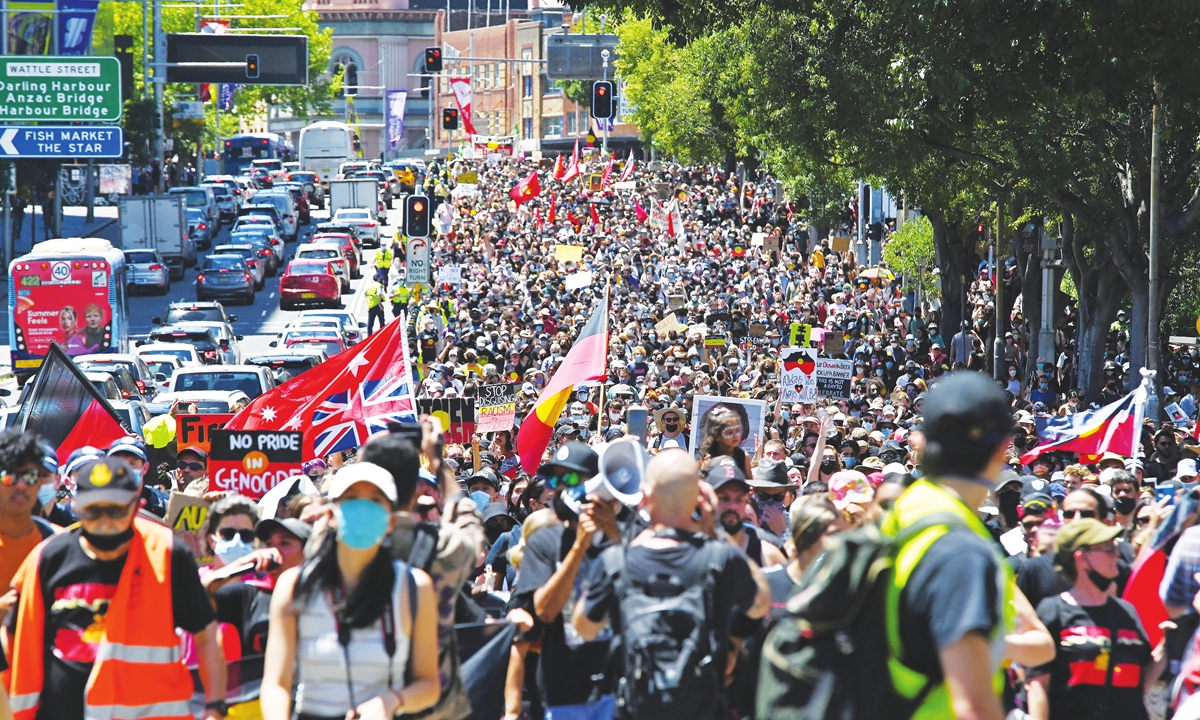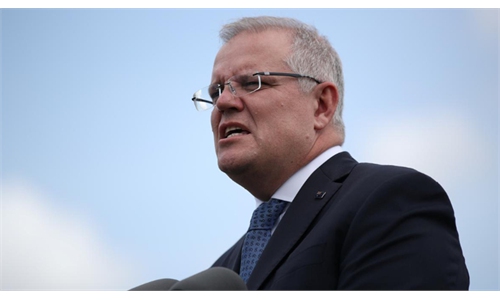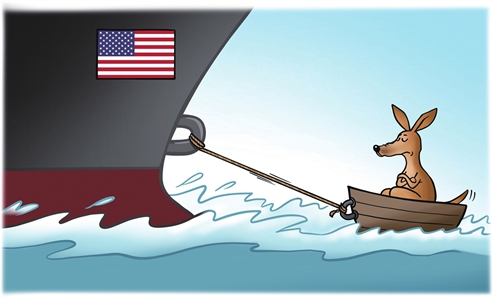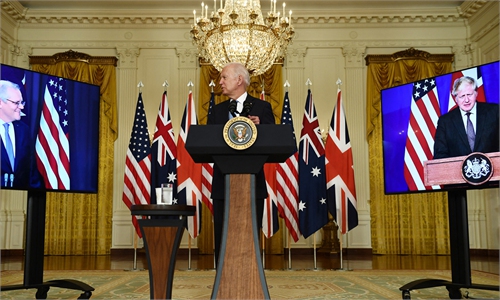Australian borders to reopen for visiting international tourists

Protesters take part in an "Invasion Day" demonstration on Australia Day in central Sydney on January 26, 2022. Thousands of protesters marched across the country over the rights of Indigenous people, while others celebrated the anniversary of British colonization.Photo: AFP
Australia will welcome international tourists on Monday after nearly two years of sealing its borders, relying on high COVID-19 vaccination rates to live with the pandemic as infections decline."The wait is over," Prime Minister Scott Morrison told a Sunday briefing at the Melbourne International Airport.
Australia's opening to tourists is the clearest example yet of the government's shift from a strict zero-COVID-19 approach to living with the virus and vaccinating the public to minimize deaths and severe illness.
Most of the country's 2.7 million coronavirus infections have occurred since the Omicron variant emerged in late November.
But with one of the world's highest COVID-19 vaccination rates - more than 94 percent of Australian people aged 16 and over are double-dosed - there have been just under 5,000 deaths, a fraction of the rates seen in many other developed countries.
On Sunday, the country recorded more than 16,600 coronavirus cases, before all areas had reported, and at least 33 deaths, mainly in the three most populous states of New South Wales, Victoria and Queensland.
Whether travelers will flock back to the island continent, dubbed "fortress Australia" for its strict border controls, remains to be seen.
The government hopes to boost a pre-pandemic growth sector - real tourism gross domestic product expanded 3.4 percent in 2018-19, compared with overall GDP growth of 1.9 percent.
Australia has been gradually reopening since November, first allowing Australians to travel in and out, then admitting international students and some workers.
From Monday, leisure travelers and more business travelers may enter.
Reuters



